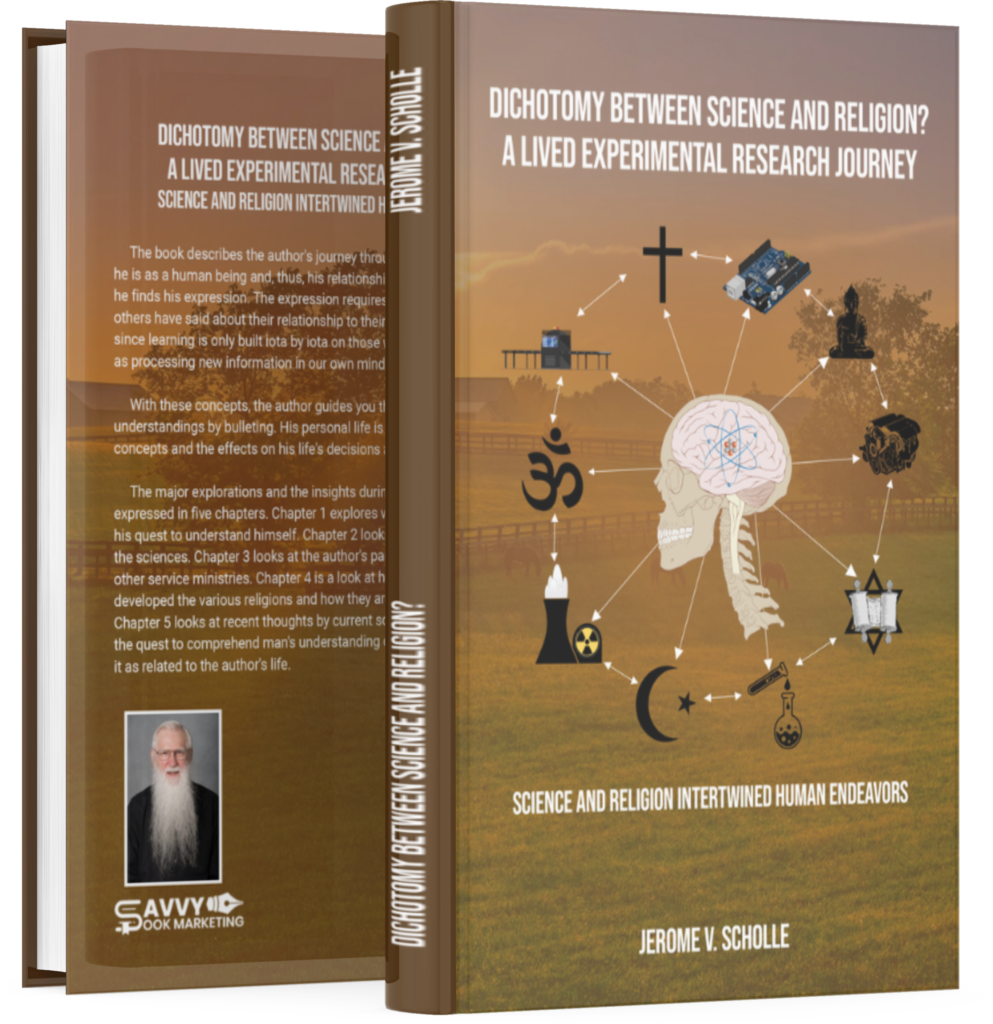In a world where diversity should be celebrated as a source of strength, it’s disheartening to witness the persistence of indifference towards others based on appearances. This phenomenon, examined in works like “Dichotomy Between Science and Religion? A Lived Experimental Research Journey” by Jerome V. Scholle, sheds light on the stark contrast between our shared humanity and the divisive distinctions we create.

Our world is an intricate tapestry woven from threads of different cultures, backgrounds, and beliefs. Despite our rich diversity, it’s puzzling that people often treat one another with indifference, if not outright hostility. It’s as if we forget that beneath the surface, we share the same functions within our bodies. Regardless of the color of our skin, the shape of our eyes, or the texture of our hair, we are all humans with the same fundamental physiological processes.
Scholle’s work prompts us to reflect on the essence of our existence. Within us, regardless of our external appearances, beat the same hearts, breathe the same lungs, and flow the same blood. It’s a profound reminder that beneath the veneer of our differences lies a universal unity. Yet, too often, we allow superficial disparities to overshadow this shared bond.
One might question: Why does appearance take precedence over the common experiences that define our existence? The answer lies in the human tendency to focus on the visible, the immediate, and the easily comprehensible. It’s easier to perceive the external than to delve into the complexities of individual lives, stories, and backgrounds. But this ease comes at a price – the price of perpetuating indifference and nurturing divisions.
Indifference often finds its roots in ignorance – ignorance of the multifaceted nature of human beings, of the diverse paths that have shaped each individual’s life, and of the shared vulnerabilities that tie us all together. We forget that our lives are finite, that our bodies experience birth, growth, and decay in the same way. As Scholle’s work underscores, we all navigate the same cycle of life and death, regardless of our outer appearances.
The road to dismantling indifference requires a shift in perspective. It demands that we embrace empathy and engage in the profound act of recognizing the humanity in every person we encounter. It’s about acknowledging the stories, struggles, and aspirations that have shaped their lives. By doing so, we pierce the veil of superficiality and reveal the intricate tapestry of shared experiences that unites us.
In our collective journey, it’s imperative that we challenge the preconceived notions that fuel indifference. Scholle’s exploration invites us to reflect on how we perceive others and how we allow our judgments to cloud our view of their true essence. The time has come to dismantle the walls we’ve built and replace them with bridges of understanding and compassion.
Let us remember that every individual is a complex universe within themselves, just as we all contribute to the mosaic of humanity. By recognizing our shared experiences, embracing our unity, and honoring the diversity that enriches our lives, we can step away from indifference and towards a world where empathy, connection, and unity thrive.
